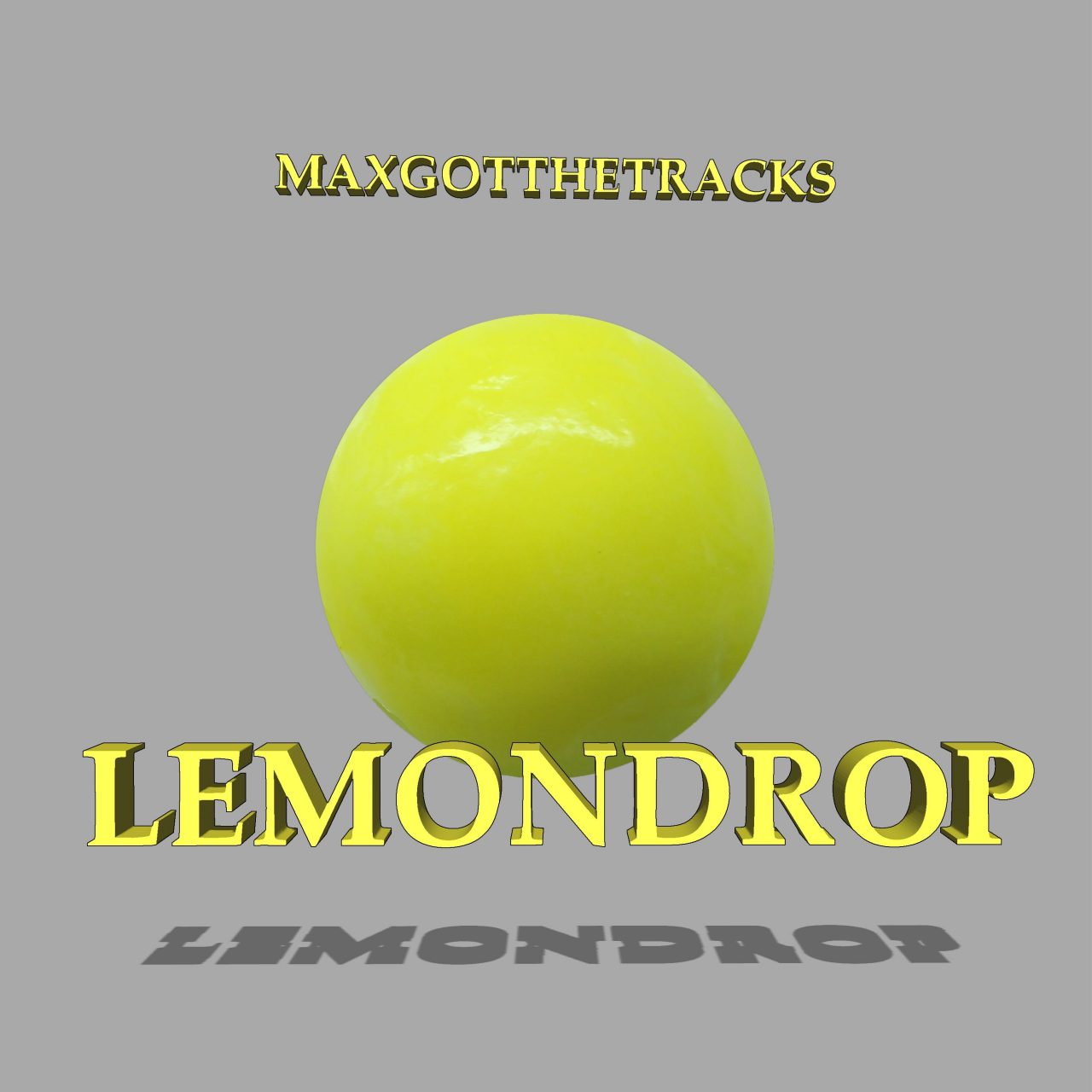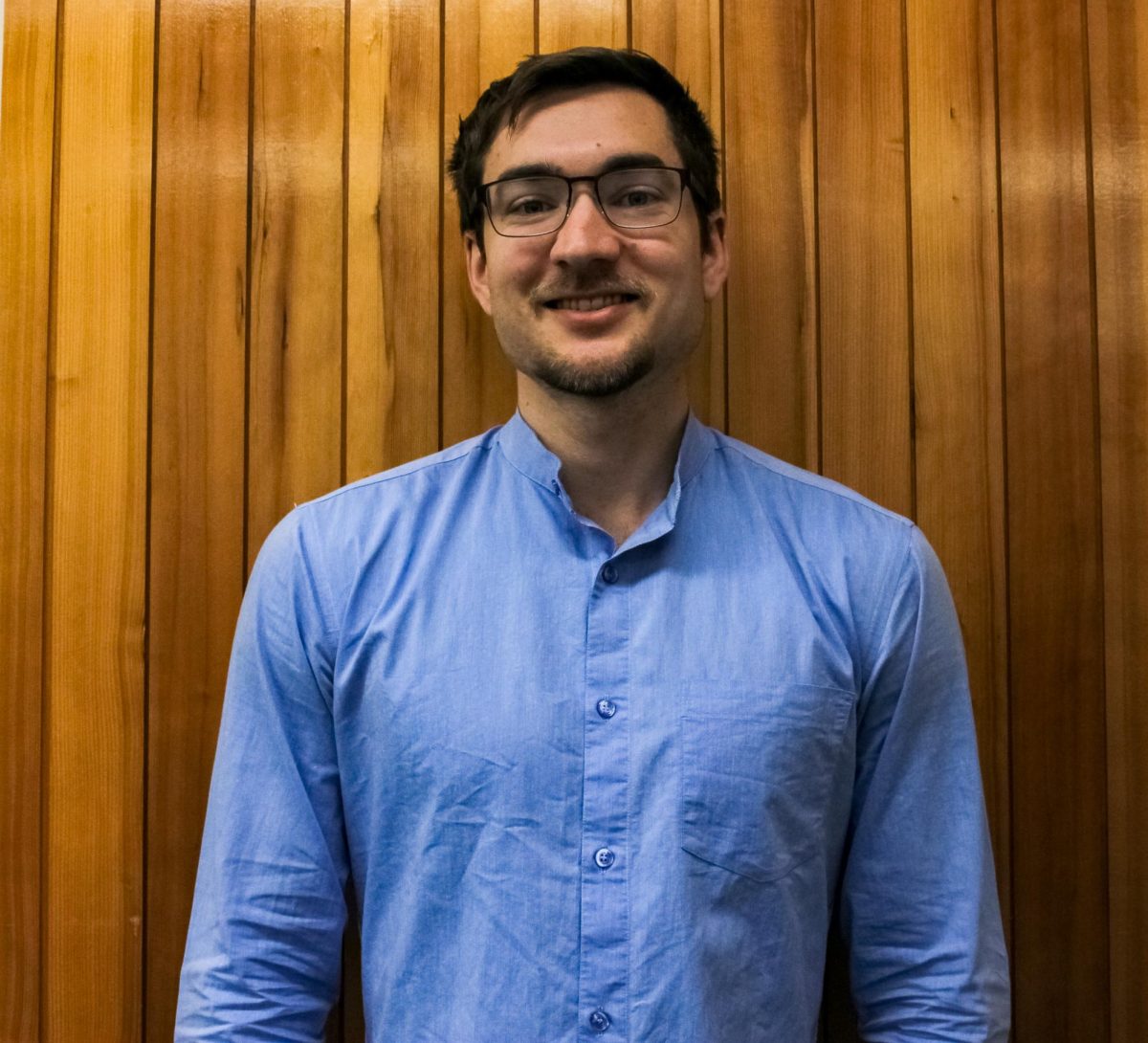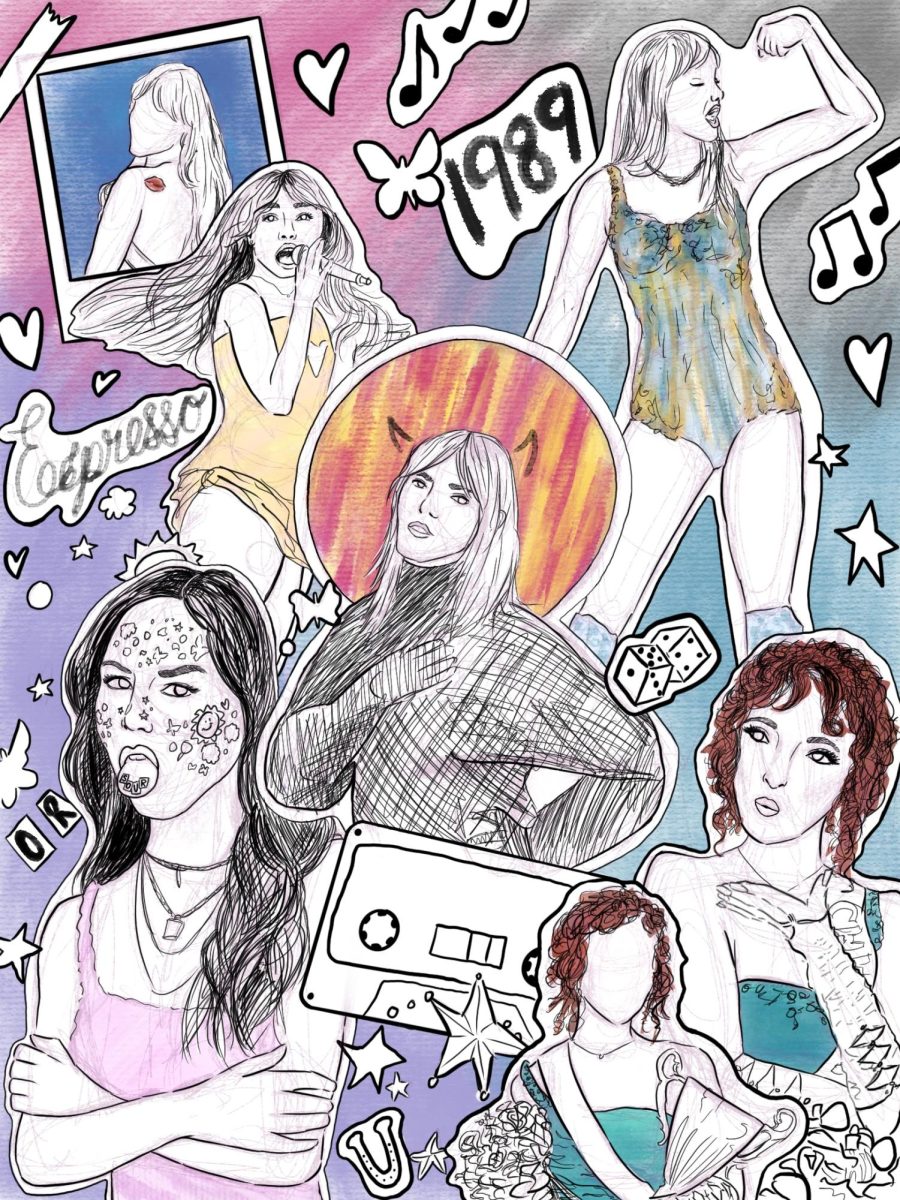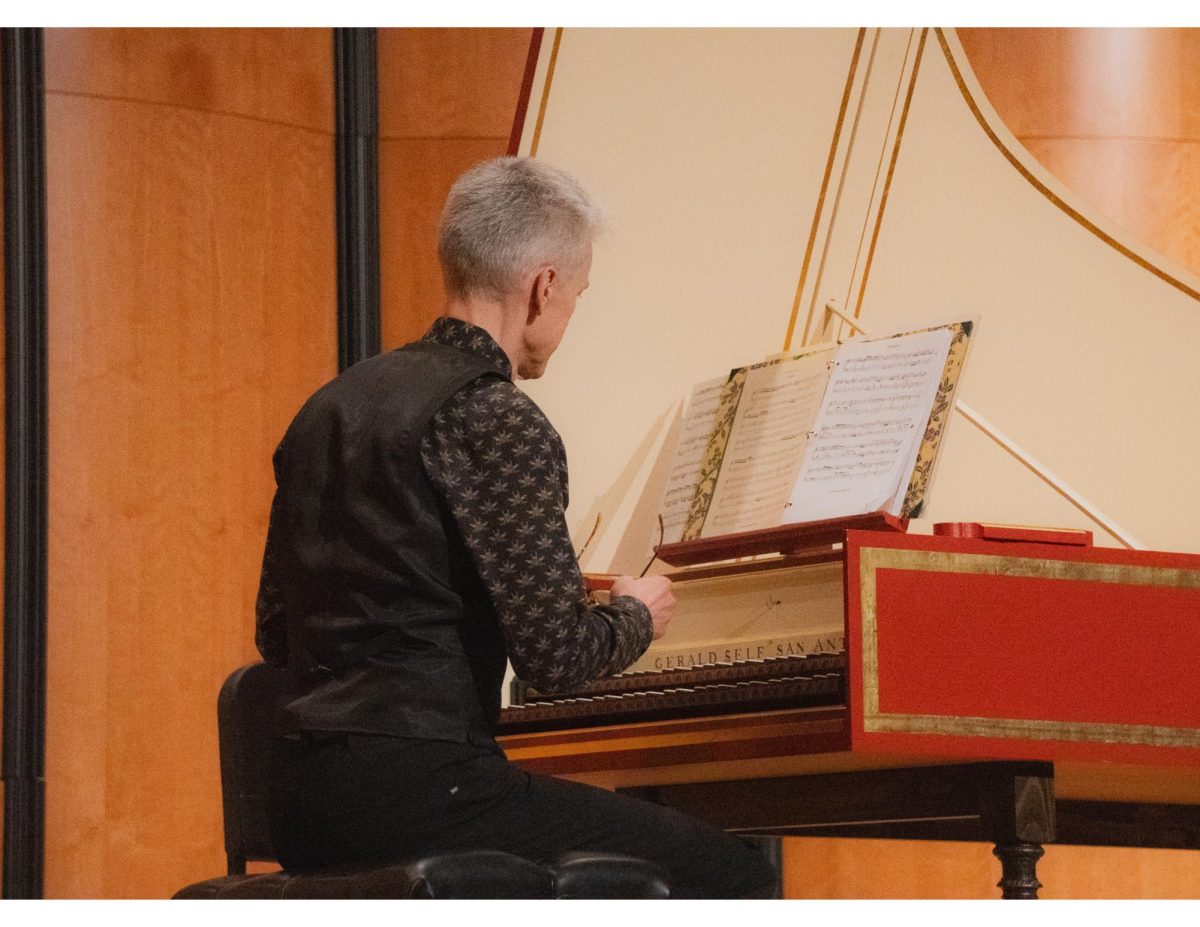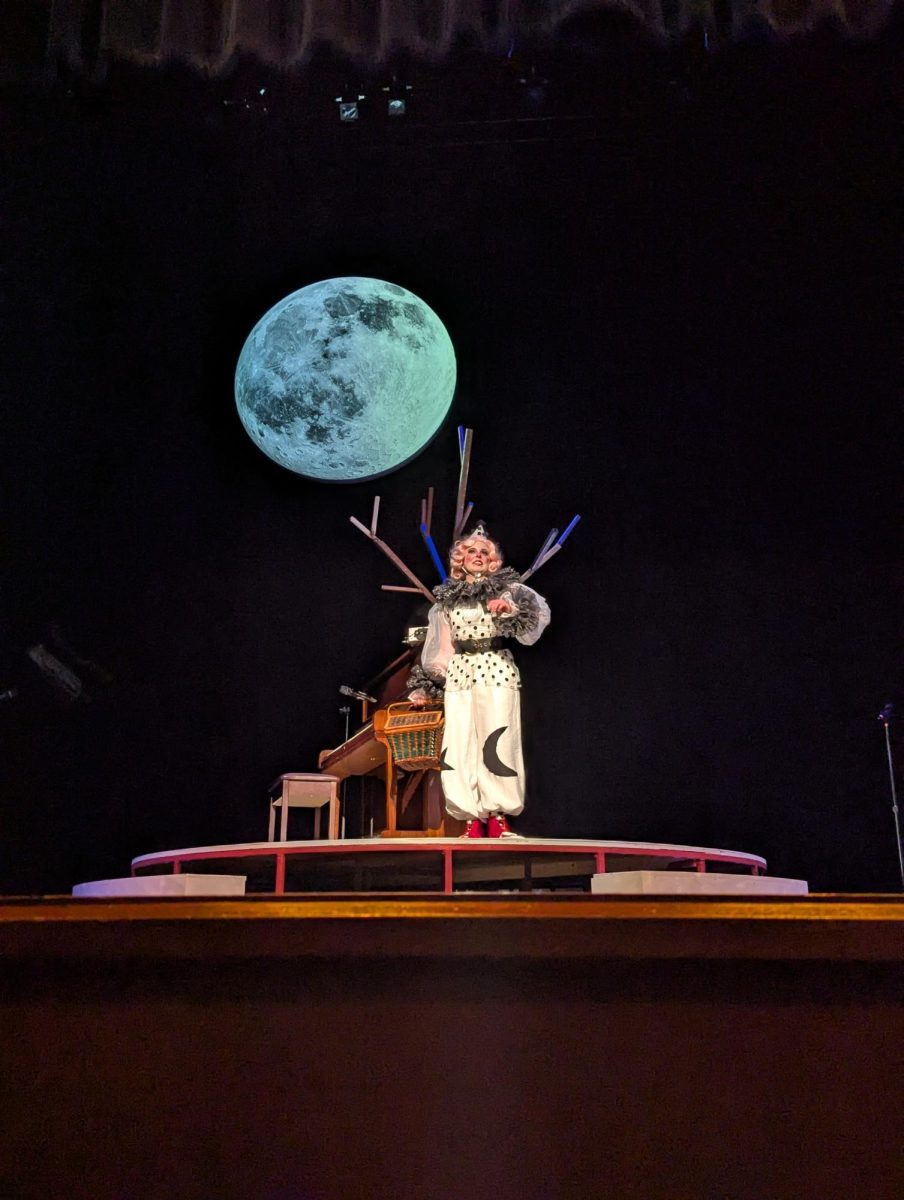Art by Elena Negrón
How did you become interested in rapping?
Maximillian Armitage: I had too much time on my hands in, like, 10th grade because I used to do a competitive Pokémon game, which was definitely a different world from what I do now, to take up most of my free time. I stopped doing that because I didn’t want to travel [to tournaments] as much, and then I had a lot of time, so I started getting into it. I started rapping in 10th to 11th grade, and then I started putting music on SoundCloud, but on my own, so I had very little industry experience. But now I’ve started putting my music on Spotify and stuff through an online distributor.
Since then, what’s been your experience with learning how to produce music?
M: I had a friend John who was very into it. He makes his own electronic music and he told me, “Buy this mic, buy these headphones, and Logic [a digital audio software for Apple], and then you’ll be able to record yourself.” And he kind of just, like, threw me into the water, essentially. And so, I recorded probably a hundred songs, just tons of songs, before. But this is my own production.
What inspired this production, specifically?
M: I usually try to do one [album] a year, like during the summer because I have a lot of time then. So for this one, I was trying to learn to produce myself, and a lot of the inspiration came from design. And so I did all the production myself and I was trying to develop my own style.
So what does production look like for you? What was different about this one?
M: So I make all my music by myself; essentially in my room, I have my own computer recording setup, so it looks a lot less glamorous I guess than what you would think of when you think of a rapper making a studio album or something. But yeah, I have a limited musical history. I used to do choir, but I don’t know how to read music very well. So just trying to figure out, “How do I actually make this?” And it’s more than just downloading a beat from YouTube, which is what I would normally do.
How did you come up with the title, Lemondrop?
M: I feel like my life is very good. I’m lucky to be where I am. And then the Lemon Drop is kind of like melting away. So it’s like that reflected: I feel like I’m trying to enjoy it.
Did you design your own cover art, too?
M: No, actually Elena Negrón did that. She’s my girlfriend. She helped with the design because I have no artistic ability at all. We actually took the photo of a lemon drop and she imported that into photoshop so it was cool. I like it a lot.
What other challenges did you encounter throughout the process?
M: I mean, I didn’t pay for anything. I’m doing my own mixing and mastering, which is just like arranging the sounds, and it can get very complicated. Just trying to record before I go back to school because the dorm room is not a great recording environment. Last year I was in Witt-Winn first and this year I’m in Thomas, but there’s obviously a lot of sound around you no matter where you are in a dorm. But I feel like I’ve gotten better at the lyrics and the recording aspects, so I could actually focus on that more and get that done quicker.
So for other aspiring artists interested in releasing their music, how were you able to publish the album?
M: I had the digital distributor. I use a website called DistroKid, which essentially they act as my label, and I pay them, and then I get all the music streams, and they don’t take the cut. But there’s also other options, like TuneCore is another one where you pay per song or per album. This one’s like a subscription-based thing, and essentially they just act as your label, and they have the relationship with Spotify, Apple Music, etc.
Do you have a favorite song from the album?
M: My favorite is probably not what people’s favorite is going to be because I like the ones I put the most love into. I like the one that’s called “6am,” and it’s just me rapping essentially one long verse over this Earl Sweatshirt-inspired beat.
After you finished, how did you showcase the release?
M: The release of that was sponsored by Alpha Chi, and I got money through SGA to essentially fund the party. They helped me throw this event. It was just me and I invited a bunch of people — I got 30 to 40 people to come to Lightner Tea Room that I reserved and I showcased other artists. I had a ukulele and a singer, I had my friend Taku who is a saxophonist, I had a DJ for the whole thing, and I had people display their art around the room. There was just a lot of different art and my friends in the Trinity community coming together to enjoy music. It was just a really good time.
So you’re actually a business finance major — How does that fit in with your music?
M: My goal is financial security first and then after that, music is very important to me and I’d like to transition it into a career. So right now my plan is to get out of school and be working in two things at once and then eventually transitioning into music probably when I’m like late 20s. There’s a lot of people who’ve had successful careers at that point. And that’ll give me a lot of time to also develop artistically.
Finally, what’s next for you in the meantime?
M: I’m starting an organization on campus and it’s called Trinity Independent Artists, and the point is to help artists who don’t necessarily fit into a traditional department at Trinity. So that’s the goal. So if you want to join that, contact me. We can help you throw events, increase the amount of collaboration on campus and provide more opportunities to perform. So that’s the next step for me.

